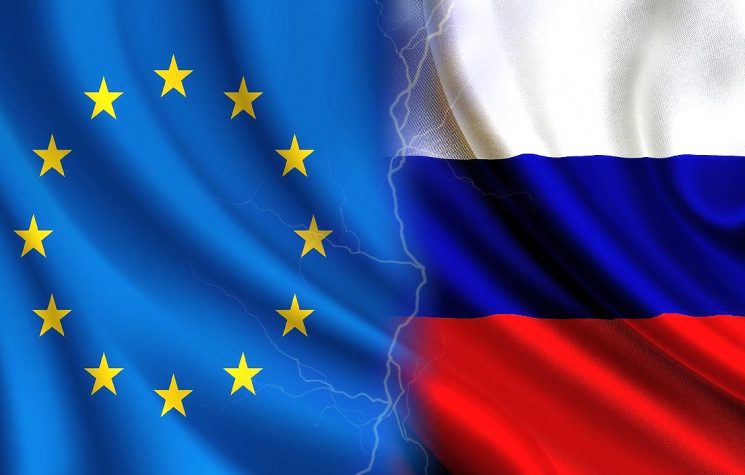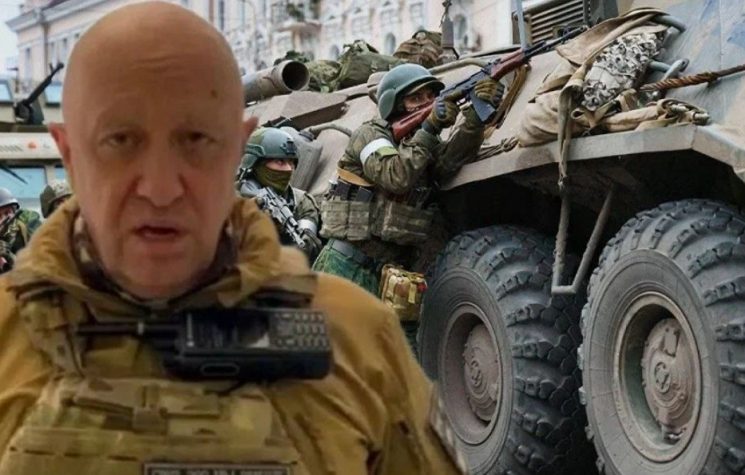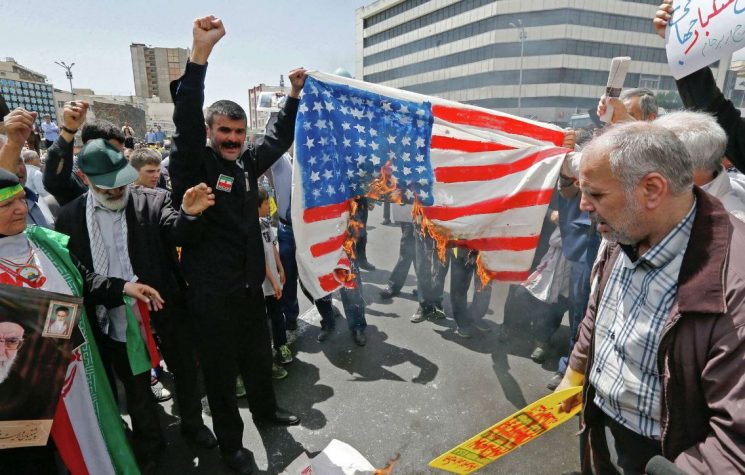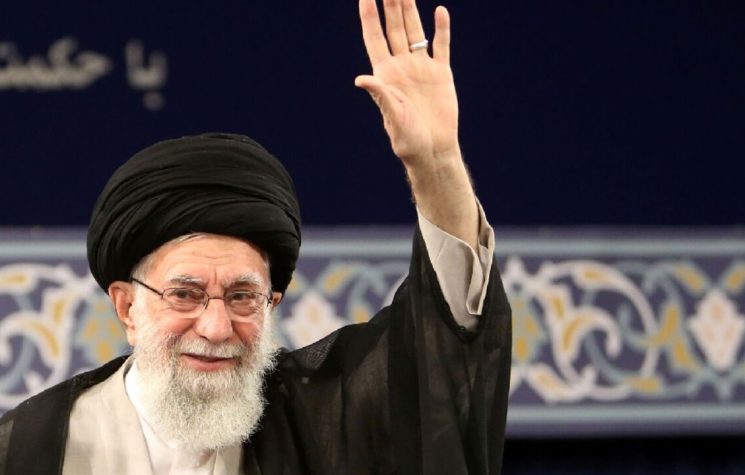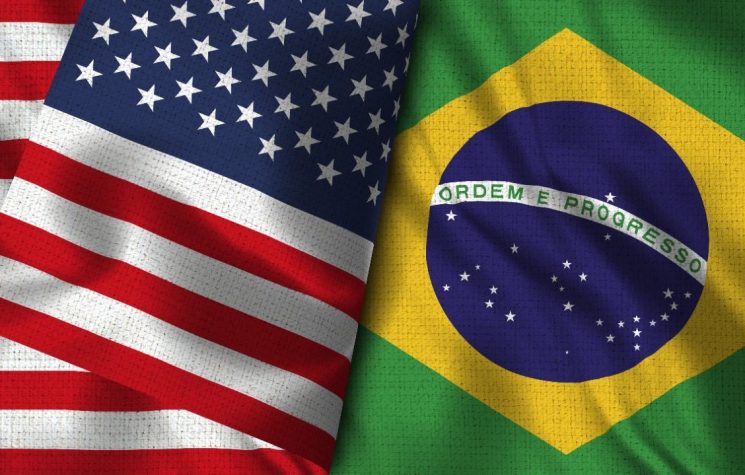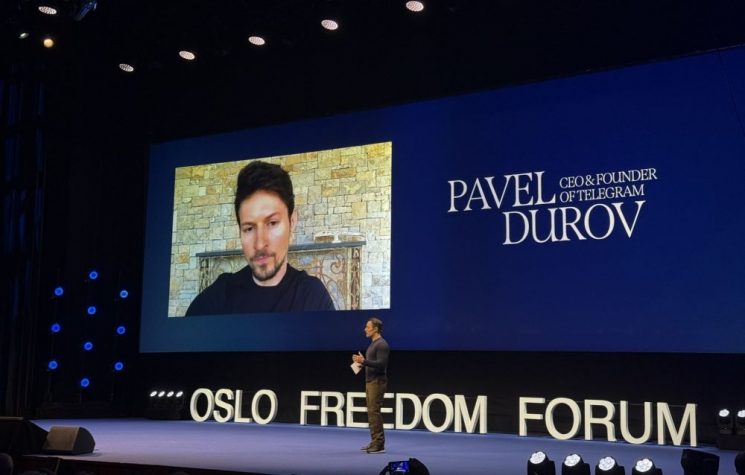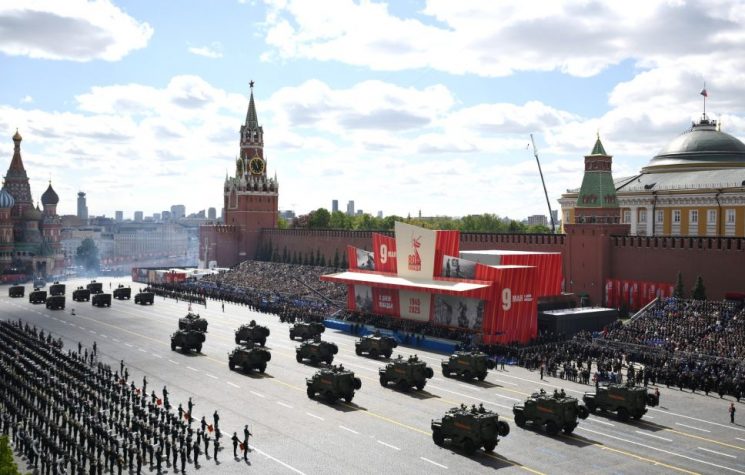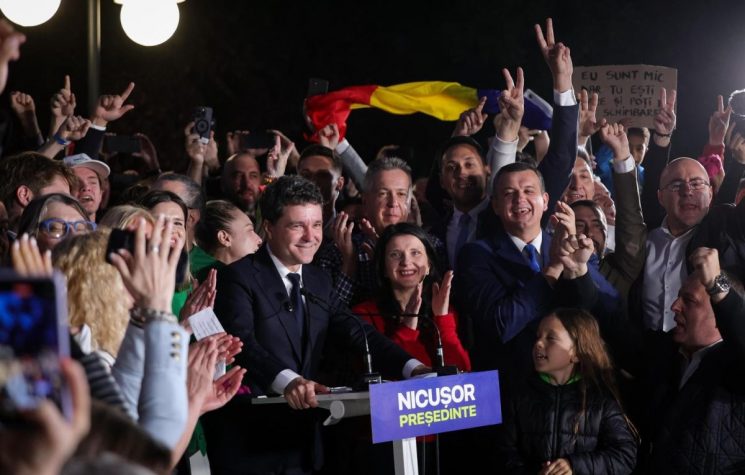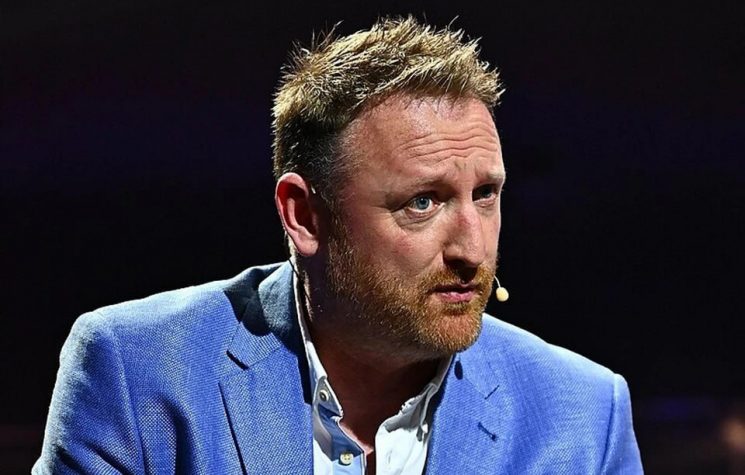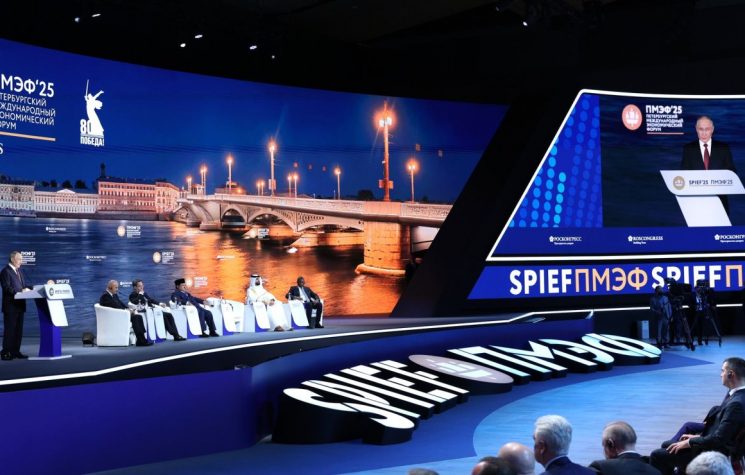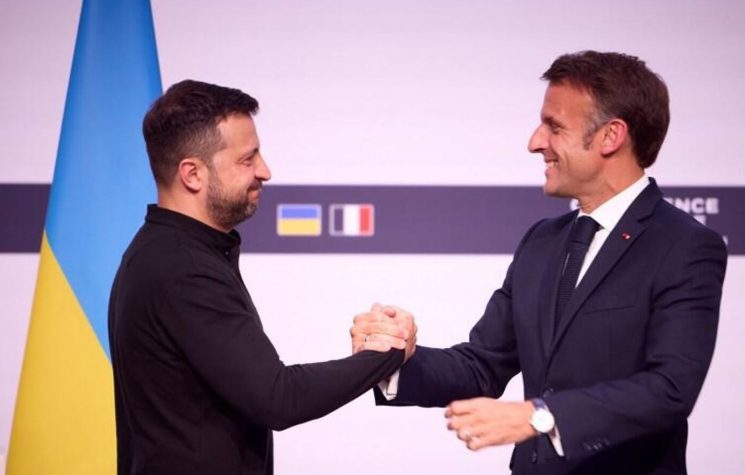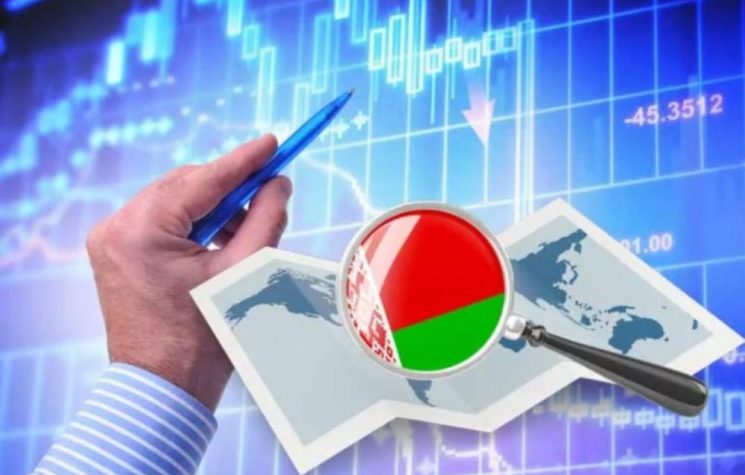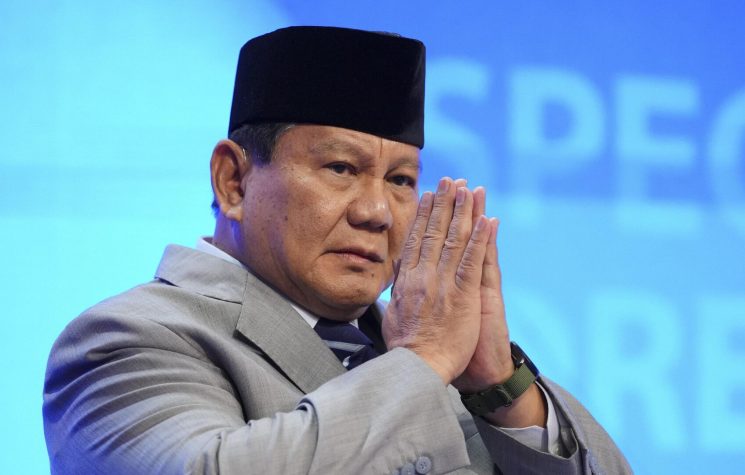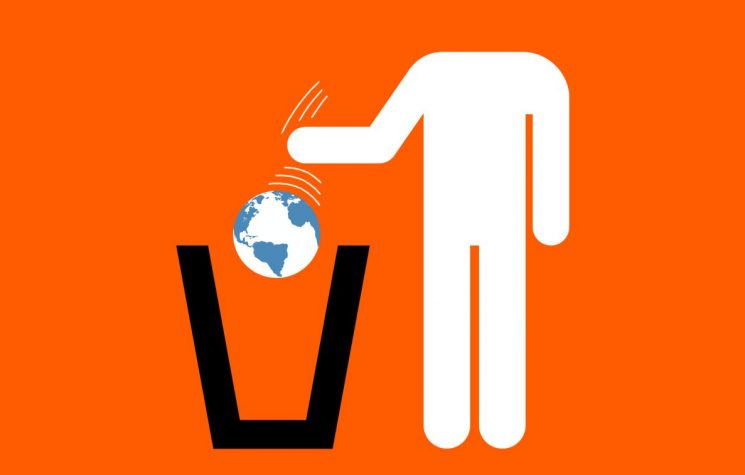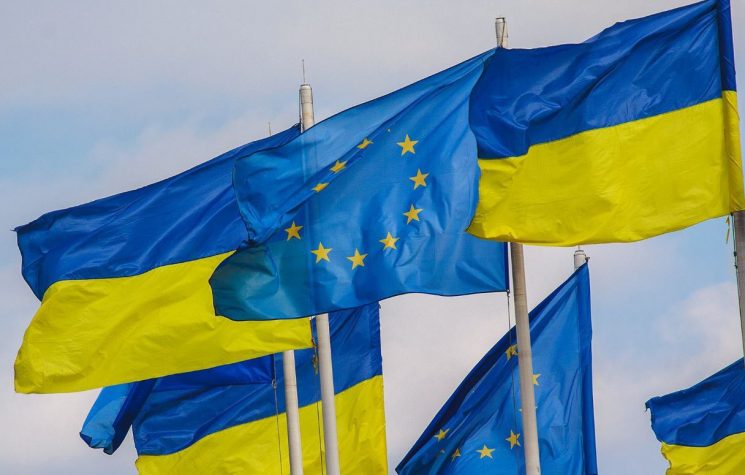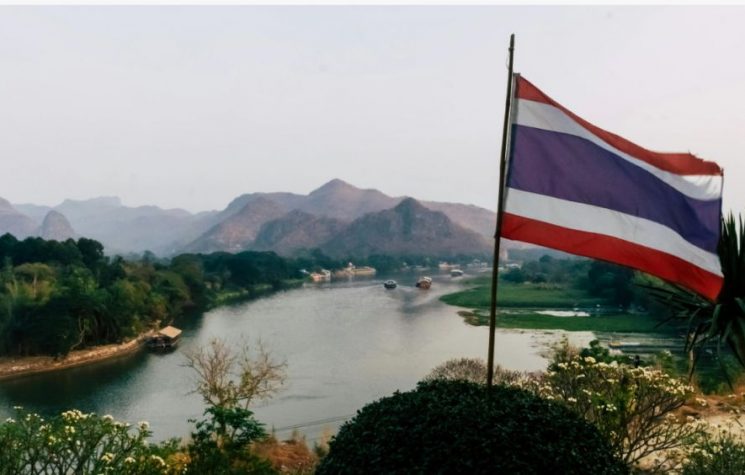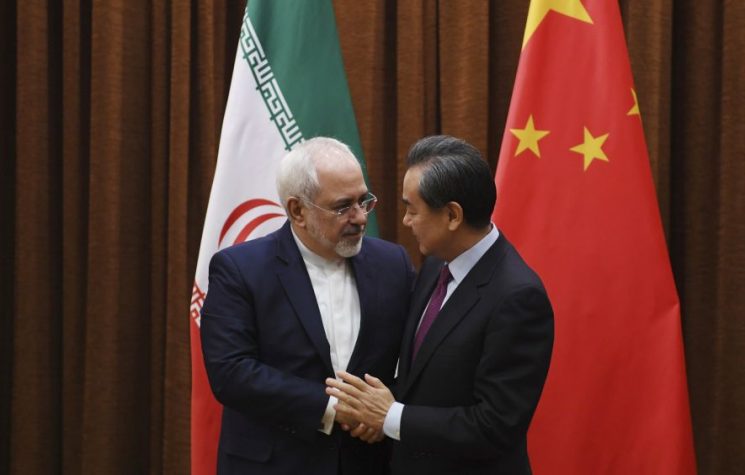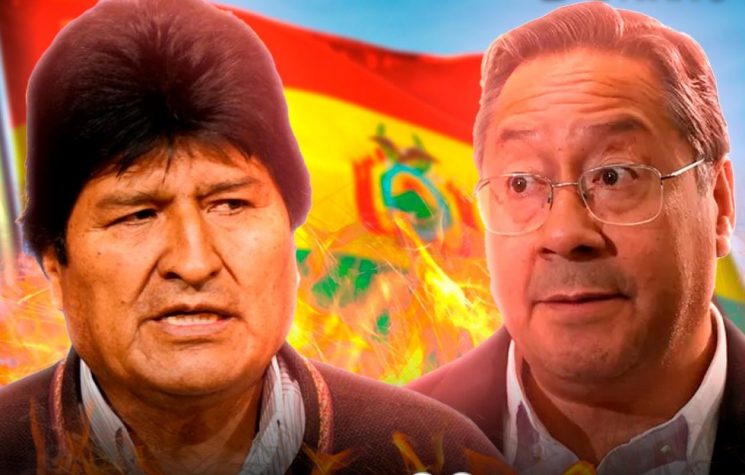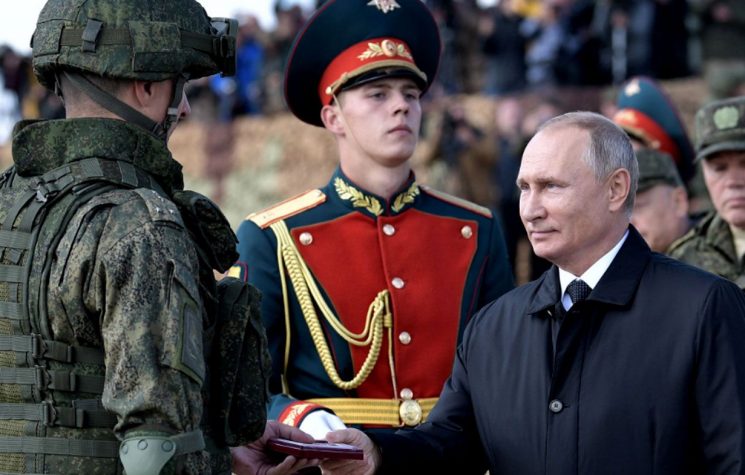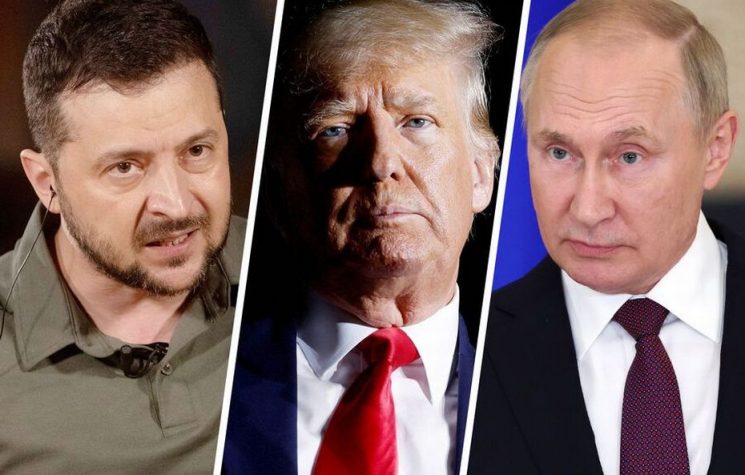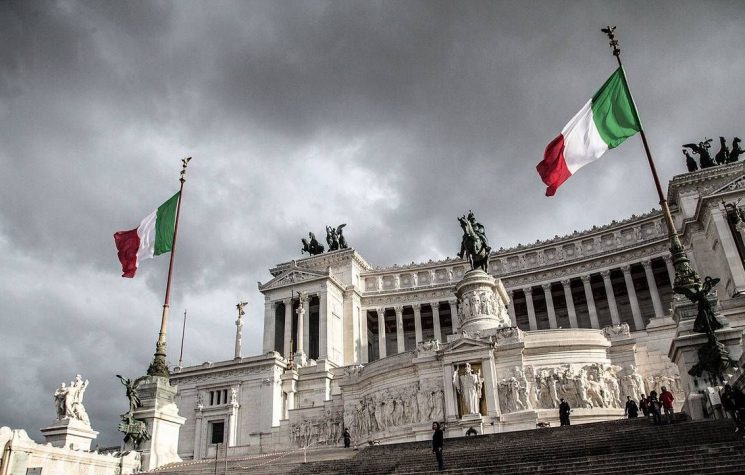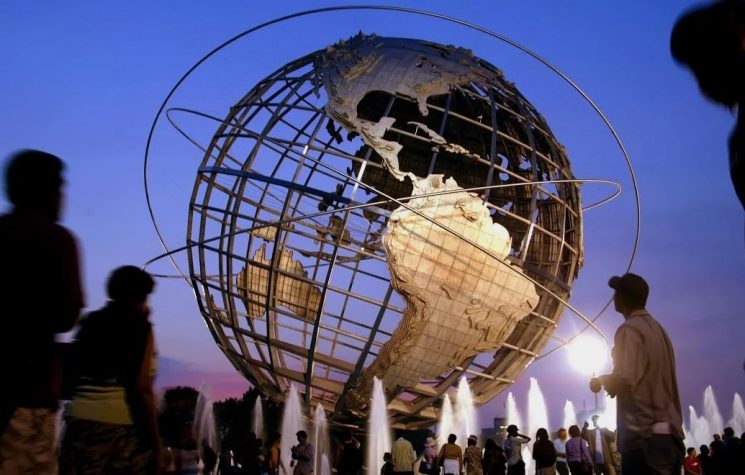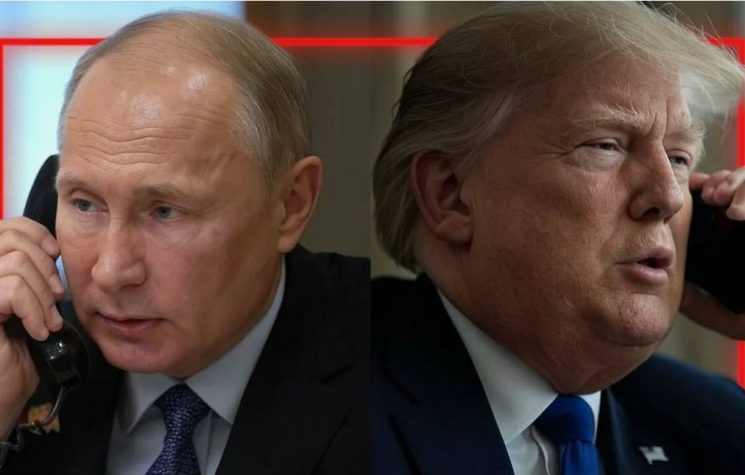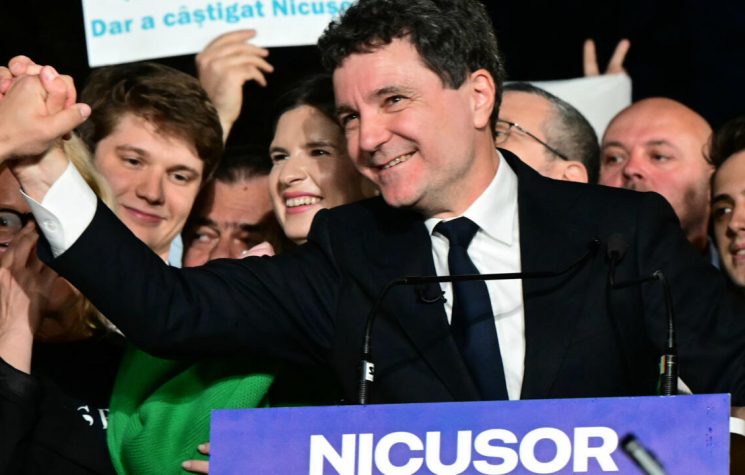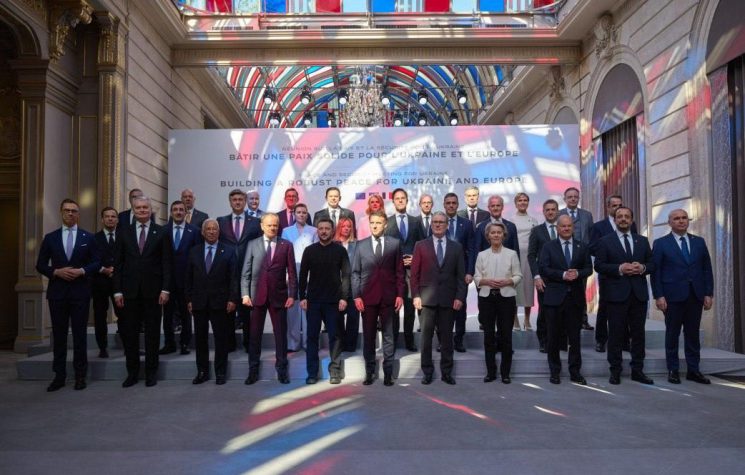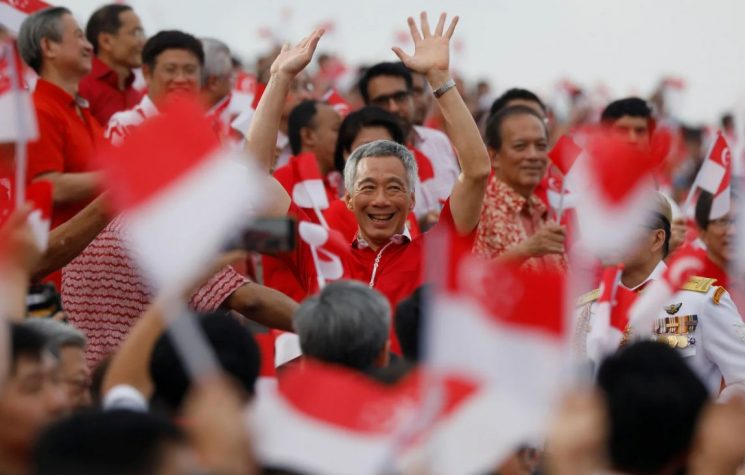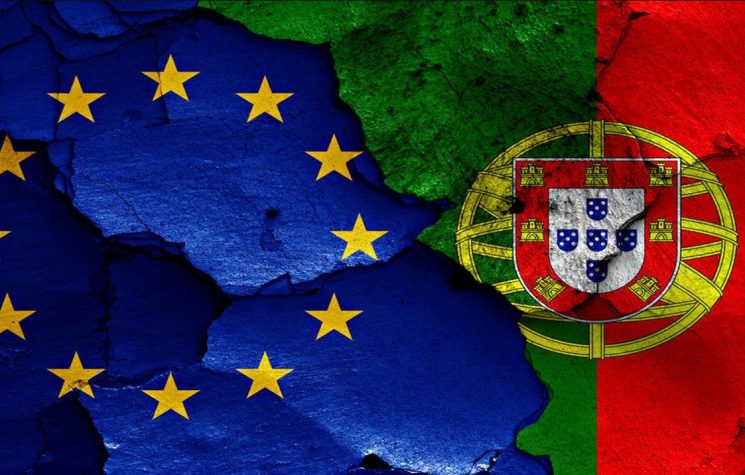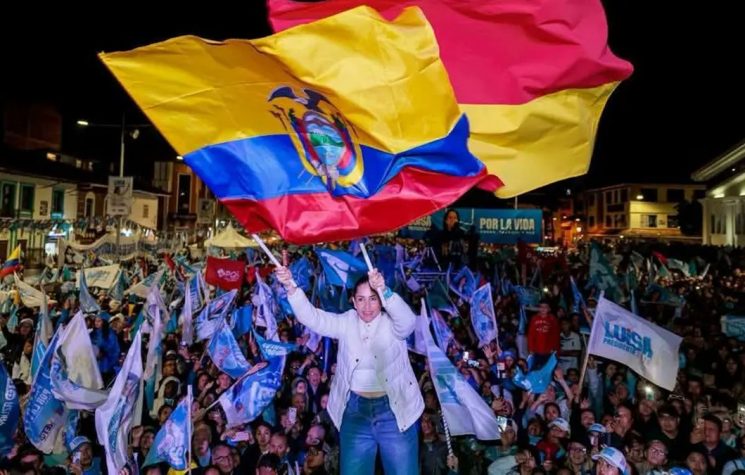Any president who serves the interests of the majority of his people and protects the nation from foreign interference will naturally be chosen to remain in power.
❗️Join us on Telegram![]() , Twitter
, Twitter![]() , and VK
, and VK![]() .
.
Contact us: info@strategic-culture.su
The main Western newspapers already had articles prepared in advance about Putin’s victory in the Russian elections. With the confirmation of this victory, they just took them out of the drawer and published the barbarities that we already know.
“Orchestrated election”, accuses the New York Times. The Washington Post calls the election a “farce.” CNN, of “stage-managed election devoid of credible opposition”. BBC and The Guardian present the allegations of Golos, an NGO accused by the Russian government of being a “foreign agent” due to its links with European organizations.
This NGO says the elections were not clean because “a significant proportion of Russian society was not represented by any presidential candidate.”
But participation in these elections was the highest in Russian history, with 77.44% turnout among voters eligible to vote. This means that less than 23% of voters did not vote.
We could consider that all these 23% of voters did not vote for the sole reason that they did not feel represented by any candidate, which is obviously not true — there are a series of reasons for not voting, from lack of interest in politics to difficulties in access and movement.
In the 2020 American elections, only 60.8% of voters participated — and yet this was the highest percentage of participants in 56 years!
If we take that criterion into account, we should conclude that a third of voters did not feel represented by either Joe Biden or Donald Trump. In fact, although there is an official opening for candidates from other parties, Democrats and Republicans have monopolized elections for more than a hundred years.
In 2020, Jo Jorgensen from the Libertarian Party achieved a measly 1.18% of the popular vote and came third in the electoral race. Fourth place went to Howie Hawkins, from the Green Party (0.26%). Candidates who do not belong to bipartisanship do not participate in debates and do not appear in journalistic coverage.
In fact, no one knows that there are other candidates who are not from the Democratic Party or the Republican Party — who are nothing more than two sides of the same coin of the American regime.
But, contrary to the coverage of the Russian elections, the American elections are the cleanest and most democratic of all, according to media coverage.
This year Biden and Trump will repeat the 2020 confrontation. All American citizens have known for a long time that this will be the presidential contest. The press has been admitting this for months — if not years. These are marked card elections, extremely predictable. But this is treated naturally.
The Reuters/Ipsos poll released at the end of January showed that 26% of voters would not vote for either candidate — more than the 23% who did not turn out in the Russian elections.
Russian voters had four options. The Americans, two. Americans have no idea whether there are candidates other than Democrats and Republicans and the vote to elect the president is not direct, as it is in Russia. Candidates in Russia represent a greater variety of political and ideological positions, ranging from nationalism to communism, democracy to liberalism, than candidates in the U.S., who are always jingoistic neoliberals.
The four candidates in Russia were men over 40. The two candidates in the U.S. are men over 77 years old, which has been heavily criticized by voters.
But in the U.S. there is never any press dispute over the electoral result. This same press, however, always seeks to discredit the results of Russian elections — except when their puppets win, as occurred in 1996 when there was clear U.S. interference to elect Boris Yeltsin.
Putin won a landslide victory, with more than 87% of the vote. This only happens in dictatorships, according to common sense. The same propaganda was made against Alexander Lukashenko when he won the 2020 elections in Belarus with 81% of the vote.
But Nayib Bukele has just won with 84% of the votes in El Salvador and none of the major Western media outlets have said that it was a fraud and that the elections were controlled by Bukele’s dictatorship. On the contrary. CNN, New York Times, Reuters, BBC and The Guardian used the same adjective to refer to the right-wing leader’s victory: “landslide”.
Putin’s victory, in fact, is very consistent with his trajectory. In his first election, he obtained 51.95% of the votes — when he was still a mere unknown bureaucrat, with the disadvantage of being supported by the unpopular Yeltsin and running at a time of extreme popularity for the Communist Party.
But as his policy rehabilitated the Russian economy and society, the population recognized the improvements in their living conditions and handed 71.31% of the votes in 2004 to Putin. Unable to run for a third consecutive term, he nominated his ally Dmitry Medvedev, and he received 70.28% of the votes in 2008. Running again in 2012, Putin was elected again with 63.6% of the votes, a percentage that rose to 76.69% in 2018.
It is very noticeable to all observers that this is Putin’s most popular moment in his entire career. A month after the start of the Russian special military operation in Ukraine, the Levada Center found that 83% of the population approved of the president’s activities. Around the same time, the All-Russian Center for the Study of Public Opinion showed that 81.6% of Russians trusted Putin.
The intervention in the Ukrainian War raised Putin’s popularity to such a level that, in (private) stores in Moscow, you can find a wide variety of souvenirs with the face of the Russian president and the probability of receiving a positive response when approach a Russian on the street and ask him what he thinks of Putin.
Putin has also received growing support around the world, both from governments and ordinary citizens, particularly in Africa, Latin America and Asia.
Vladimir Putin, as everyone recognizes, rebuilt Russia, regained national control over the main sectors of the economy, raised the population’s quality of life, recovered national pride and defends the country’s sovereignty against imperial threats and attacks. That’s why he has so much support.
An article published in February in Foreign Affairs magazine, a body that advises the American establishment, admits that for more than ten years Putin has primarily benefited the Russian working classes. His policies were, as we can see, recognized by this population.
Putin’s re-election, in fact, is no secret. Any president who serves the interests of the majority of his people and protects the nation from foreign interference will naturally be chosen to remain in power.
In many cases, the accusation of fraud and control over elections is certainly legitimate, as in the case of El Salvador or many countries in Africa and Asia — or Germany under Angela Merkel. But in others this is nothing more than propaganda against the enemies of imperial interests, who are enemies precisely because they prioritize the will of their people over the will of foreign powers.
That’s why Nicolás Maduro has been — and will be — re-elected in Venezuela, Daniel Ortega in Nicaragua and Kim Jong Un in North Korea, for example. That’s why Evo Morales suffered a coup d’état in Bolivia and the same happened to the Workers’ Party in Brazil.
The lesson that remains is that the ruler who is deposed, even if he receives the support of the majority of the population, did not value national sovereignty enough and allowed imperialism to overthrow him in order to control his country. Putin has been very successful in this regard and, once again, serves as an inspiration to the nations of the so-called “Global South”, which suffer from incessant meddling and oppression by imperialist forces.










